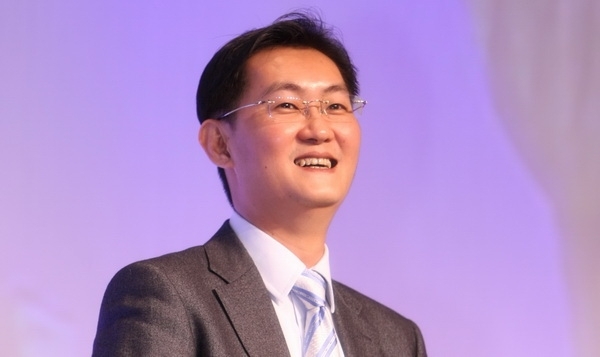


By Yang Yang (杨阳)
Corporation, page 29
Issue No. 555
Feb 6, 2012
Translated by Zhu Na
Original article: [Chinese]
Facebook grabbed headlines around the world last week with its plans to launch an IPO worth somewhere between $75 billion and $100 billion. The rapid development of Facebook into an internet giant is related to its open strategy.
Although Facebook is yet to truly enter the China market, we already have a sample of how the company might operate here - Tencent.
The EO invited the Chairman and CEO of Tencent Ma Huateng (马化腾), also known as Pony Ma, to talk about the future and openness of the internet in China.
Economic Observer: What do you think was the biggest change that took place in relation to China's internet in 2011?
Ma Huateng: Generally speaking, China's internet has already gone through a period of exploration, there is a growing acknowledgment among internet companies about the importance of "openness," earlier ideas about the "product era" or the "platform is everything" are starting to be overturned.
Given this change, the rules of the game in the internet sector need to be radically altered too, to evolve from "the law of the jungle" to the "laws of the sky."
That's to say, every participant can find their own niche, the deciding factor in relation to the magnitude of each player's success is the ability to locate demand and the ability to actively create a shared platform.
In 2011, internet companies have gradually moved from pure competition to cooperation. The rise of open platforms has given many new entrepreneurs more opportunities to achieve success. They now have the opportunity to put their own creative ideas in to practice in much shorter period of time.
Mobile internet is the "phenomenal" event of 2011. With the widespread popularity of 3G, mobile internet has now become accepted by users. This shift has introduced new applications and also resulted in rapid increase in speeds, which in turn have made it easier and quicker for users to communicate.
EO: It appears that 2012 will be a year full of great challenges for both China and the world. What do you think will be the trends most likely to shape the internet and mobile internet in China in 2012?
Ma: The era of high demographic dividends for China's internet has come to an end and the market has entered a stable phase. This new phase will mean that internet companies need to pay more attention to the details of their operations and do more in terms of improving user experience. In other words, we're about to enter a period of the "experience economy".
With the growing number of internet users, social networks are beginning to integrate with real society. In the past, we might have said that the internet was a new tool for the upper classes to enjoy, that it was a channel for people to gain quicker and easier access to high culture.
But now, the internet will become both an important channel and a source for content production.
China's mobile internet is on a fast track, and the size of the mobile market will eventually be larger than regular internet. More business models and applications will be developed on this network, and some new business miracles will also gradually emerge. At the same time, with the increase in the number of internet users, e-commence will develop rapidly.
China will lead the world in terms of the number of internet users, this means that China's internet companies will have the opportunity to create world-leading business models and applications, and that from having been "students" they will become "teachers".

